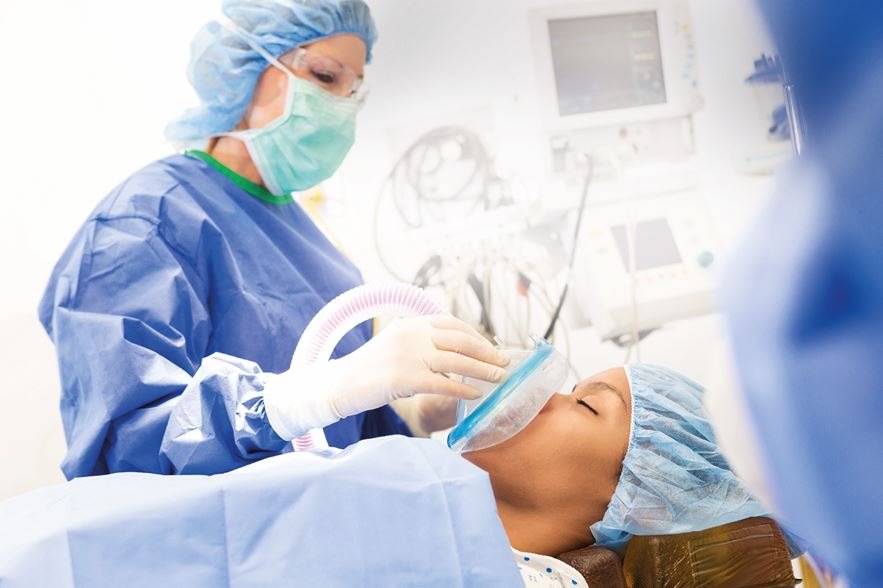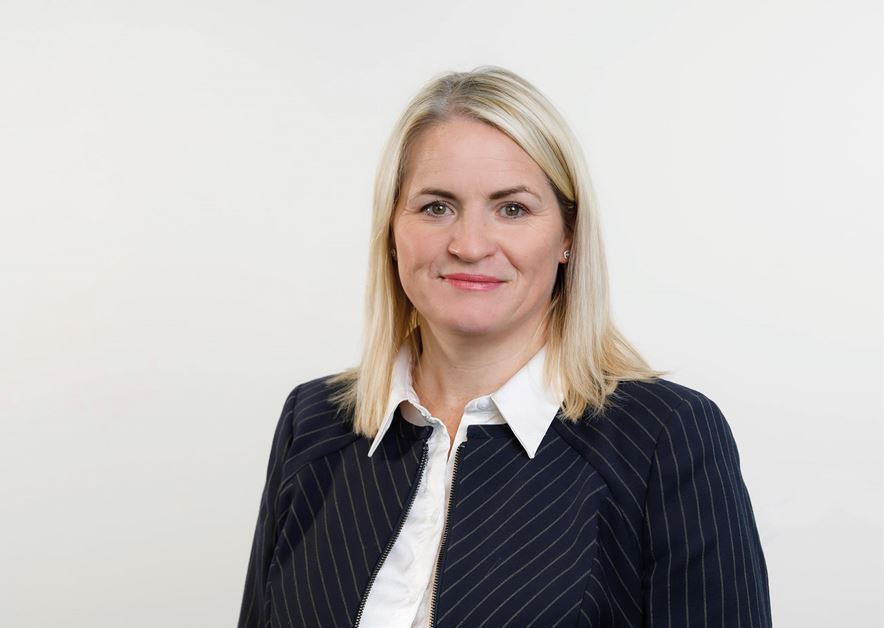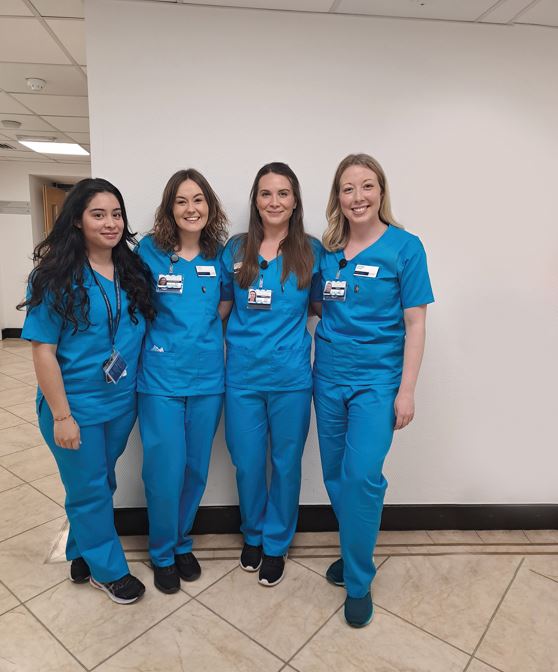
Sustainability for healthcare design is more than just a buzzword. Making plans to reduce the sector’s carbon footprint is more important than ever as we begin 2024. Sarah Melia, General Manager at Bupa Health Service takes a look at potential changes for London’s Cromwell Hospital.
The health of the planet and the health of people are inextricably linked, with the World Health Organisation declaring climate change the biggest health threat to humanity. There have been many studies to back this up, particularly around pollution and how it increases the risk of cancer, heart disease, respiratory problems and dementia. At Bupa, we view the planet as our biggest patient. We know that if we help to boost the health of the planet, it will also boost the health of our people. This is why we changed our purpose to help people live longer, healthier, happier lives and make a better world. The healthcare industry generates 4-5% of global greenhouse gas emissions, which is a huge amount and we wanted to help reduce this. We started by looking at Cromwell Hospital and identified numerous changes we could make to help it become more sustainable.
PARTNERING WITH ECO START-UPS
We launched our Bupa eco-Disruptive programme in 2021, where our people partner with eco-startups to deliver pioneering innovative solutions to tackle climate change within the healthcare industry. We’ve met some incredible eco-startups through the programme and have looked at where we can integrate them into our operations to take steps towards our net zero targets. In 2021, we met Upcycled Medical through eco-Disruptive. Upcycled Medical makes uniforms from recycled marine litter waste plastics. Each year, 14 million tonnes of plastic waste is dumped in our oceans, destroying marine life by causing physical suffocation as well as leaching chemicals and colouring agents. And when it breaks down into microplastics, it causes devastating effects on reefs, water temperatures and lifecycles of aquatic animals.
All our clinical and housekeeping teams now wear uniforms made by Upcycled Medical, which are made from 35% organic cotton and 65% polyester which is created using 65% recycled plastic, 25% of which is from the ocean. We’re now looking into how we continue to work with Upcycled Medical for our patient gowns and have already introduced gowns for bariatric patients made from pulp fabric which is known as Lyocell and is a plant-based fibre used for clothing. In 2022 we met SageTech Medical who created an innovative SID-dock system which captures and recycles waste anaesthetic gases, preventing them from polluting the atmosphere. We’ve just signed a five-year contract with them which means they’ll be providing 10 of their SID-Dock devices into theatres at Cromwell Hospital. It is estimated that without the device, over 160 tonnes ofcarbon dioxide equivalent emissions (t/CO2e) would be produced each year across the hospital’s operating theatres, which is the same as driving 720,000 miles in a petrol car. Anaesthetic gases are vital for putting patients to sleep for operations, but they cause significant harm to the environment, with 95% being released to the atmosphere unused as waste gas.
REDUCING SINGLE USE PLASTICS
Outside of eco-Disruptive, we’ve looked at other steps we can take to reduce our carbon footprint. In the anaesthetics department, we have introduced reusable drug trays which are used to prepare medicine. We were using single use plastic trays before, which are not suitable for recycling and instead were disposed of in clinical waste and incinerated. Over the course of one year, we order over 9,000 trays, meaning over 9,000 trays are sent for incineration. The new reusable trays are cleaned with disinfectant wipes and are also suitable for autoclaving, a sterilisation method that uses high-pressure steam. This change is saving the hospital £4,000 each year. We were also using over 1,900 single use Laryngoscope handles over the period of one year, similar to the trays, which ultimately end up being incinerated with the lithium batteries that are inside them. By changing these to reusable laryngoscope handles it prevents waste and is a further cost saving for the hospital. By preventing the incineration of around 1,900 laryngoscope handles and over 9,000 drug trays each year, Cromwell Hospital will save over 3,449 kg CO2e (equivalent to powering 435 homes for an entire year), as well as over £10,000 per year which can be reinvested into patient care.

REPLACING AIR HANDLING UNITS
The function of an air handling unit is to take in outside air, re-condition it and supply it as fresh air to a building. An air handling unit is essential in a hospital as it provides enhanced air quality and climate control to maintain patient health and promote recovery. The air handling unit replacement project at the Cromwell Hospital will reduce our carbon emissions by 295 tonnes. Our current carbon emissions for 2022were 1,703 tonnes, meaning the new air handling unit will give us a 17% reduction from this project alone.
SUSTAINABILITY INITIATIVES
As well as making bigger changes within the hospital, the little changes are equally as important. We’re currently recycling 400kg of carboard per month, 65 tonnes of paper, card, plastic bottles and mixed cans, 62.4 tonnes of food waste and 12,000 cups per quarter, which are being collected and turned into energy, 1,000 litres of cooking oil per year and 252 print cartridges. Introducing a new Brita Vivreau Filtration system for our patients has also reduced our usage of 140,000 plastic water bottles each year. Patients now have branded Cromwell Hospital glass bottles. We’re also saving 32,000 plastic cups per month by switching to compostable and recyclable paper cups. I’m incredibly proud of the steps we’ve taken over the last couple of years to reduce our carbon footprint and we have much more planned in 2024 to continue to do this. I want to urge other hospitals to look into how they can do the same, as even taking small steps can make a huge difference to the planet. We want to be a catalyst for change, sharing best practice and working with our partners across the healthcare sector to help reach Net Zero targets across the industry.

